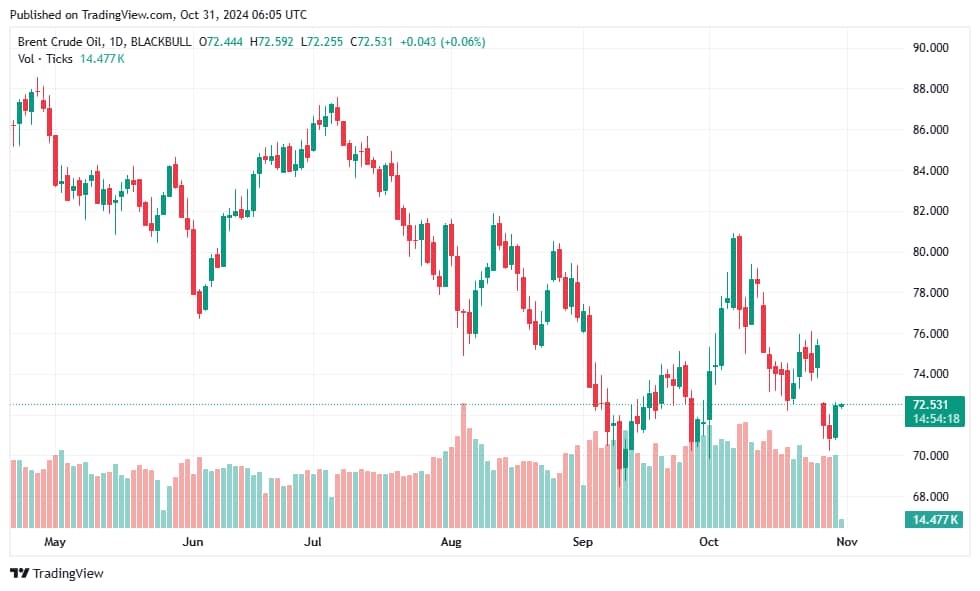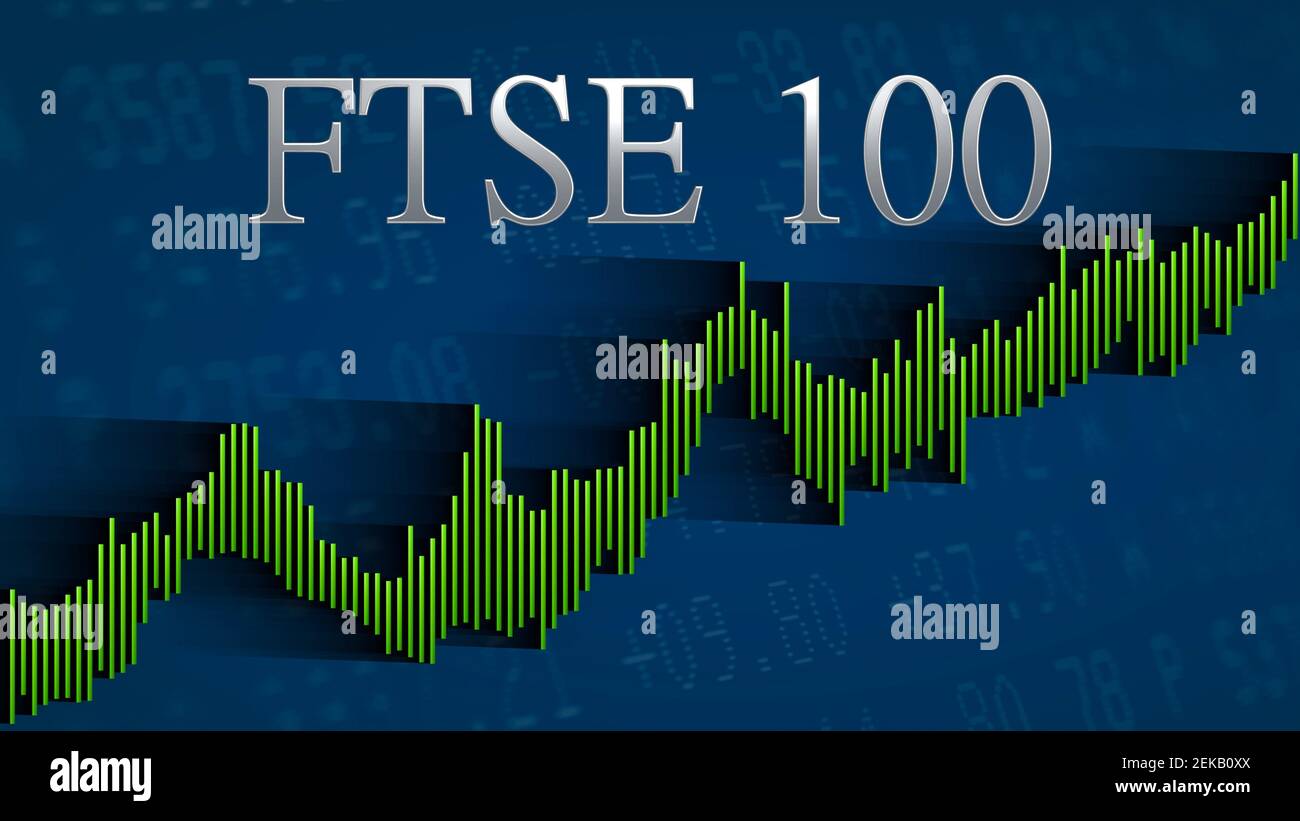
Akintunde Oyedokun
Research Analyst
On Wednesday, oil prices experienced a significant rebound, surging over 2% following news that U.S. crude and gasoline inventories saw an unexpected decline last week. This unexpected drawdown has contributed to renewed market optimism, signaling robust demand, while additional reports suggested that OPEC+ may be considering a delay in its previously scheduled increase in oil output, further supporting prices.
Brent crude, the global oil benchmark, rose by $1.43, or 2.01%, to close at $72.55 per barrel, marking a strong recovery after earlier losses exceeding 6% due to a perceived decrease in the likelihood of broader Middle Eastern conflict. U.S. West Texas Intermediate (WTI) crude also gained traction, climbing by $1.4, or 2.08%, to reach $68.61 per barrel.
According to the Energy Information Administration (EIA), U.S. gasoline stockpiles unexpectedly dropped to their lowest levels in two years, driven by strengthened domestic demand. Crude oil inventories similarly showed an unanticipated decrease as imports declined. Notably, imports from Saudi Arabia plummeted to just 13,000 barrels per day, the lowest level since January 2021, down from 150,000 barrels per day in the previous week. Imports from other significant suppliers—including Canada, Iraq, Colombia, and Brazil—also experienced week-on-week reductions, reflecting a broader tightening of supply.
U.S. 30-Year Mortgage Rate Climbs To 6.73%, Highest Since July
The interest rate on the popular 30-year fixed-rate mortgage surged by 21 basis points to 6.73% in the week ending October 25, marking its highest level since July, according to data released by the Mortgage Bankers Association on Wednesday. This increase places the main mortgage rate 60 basis points above its level following the Federal Reserve’s rate cut in mid-September, when the central bank initially lowered its policy rate by half a percentage point and indicated additional cuts were forthcoming. Mortgage rates had previously been on a downward trend in anticipation of the Fed’s policy shift, temporarily energizing the housing market as contracts for pre-owned home purchases saw their largest monthly rise in four years in September. However, the recent jump in mortgage rates threatens to weigh on this momentum, presenting renewed headwinds for prospective buyers and the broader housing sector.
German Unemployment Surges Beyond Expectations in October
Germany saw a notable rise in unemployment numbers for October, with figures exceeding expectations, as reported by the federal labour office. In seasonally adjusted terms, the number of unemployed individuals grew by 27,000, reaching a total of 2.86 million. This increase was significantly higher than the 15,000 rise predicted by Reuters analysts.
Despite the uptick in joblessness, the unemployment rate remained unchanged at 6.1%. Labour office head Andrea Nahles commented on the situation, noting that the “autumn upturn in the labour market has largely failed to materialise this year,” reflecting challenges in Germany’s economic recovery.
South African Rand Falls As Budget Fails To Meet Investor Expectations
On Wednesday, the South African rand experienced a notable decline in value, trading at 17.6825 against the U.S. dollar, which represents a decrease of approximately 0.2% from its previous closing figure. This downturn followed a highly anticipated budget speech delivered by the finance minister that ultimately failed to impress market participants. The mid-term budget, which marks the first under the newly formed coalition government—established after the African National Congress party lost its long-held majority—projected a concerning outlook of widening budget deficits and escalating public debt over the next three years.
Despite the government’s forecast indicating a potential improvement in growth prospects attributed to enhanced electricity supply, the market reaction was muted. The coalition government has made commitments to stimulate economic growth and advance necessary reforms aimed at boosting investor confidence. However, the budget presentation did not provide the immediate reassurance or concrete details that investors were hoping for, leaving the market somewhat disappointed and leading to the rand’s decline
Nigeria’s Money Supply Jumps 62.8% YoY To N108.95tr Amid CBN’s Tightening Measures
Nigeria’s money supply (M3) surged by 62.8% year-on-year (YoY) in September 2024, defying the Central Bank of Nigeria’s (CBN) tightening measures intended to reduce liquidity and manage inflation.
According to recent data from the CBN, M3 climbed to N108.95 trillion in September 2024, up from N66.94 trillion in the same month last year.
Month-over-month (MoM), the money supply increased by 1.6%, rising from N107.19 trillion in August 2024.
This significant growth in M3 underscores the economy’s resilience, even as the CBN implements strategies to control inflation and bolster the naira under the guidance of Governor Yemi Cardoso, who took office on September 22, 2023.














